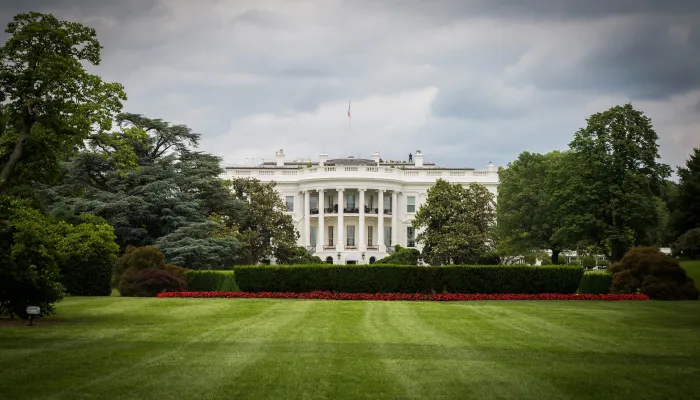Event Recap: The Imperative of Entitlement Reform and Health Care Cost Control
In the fourth and final event in the series Strengthening of America, "The Imperative of Entitlement and Health Care Cost Growth," former Members of Congress joined budget and health experts to discuss entitlement reform and controlling federal health care costs. As we've explained many times before, health care cost growth projections far exceed growth in all other areas of federal spending. Yesterday's meeting drew attention to the impact that health care cost growth in conjunction with the increasing number of baby boomers reaching retirement has on our federal health care programs, most specifically Medicare.
During opening remarks, former Senator Pete Dominici (R-NM) pointed out that we are currently adding 10,000 people a day to Medicare, and according to the Congressional Budget Office, the aging population accounts for 52% of spending growth in the future. Former Senator Byron Dorgan (D-ND) spoke to the challenge that current lawmakers face in the coming months when they return to tackle the fiscal cliff, saying "To solve this will be painful, but not to solve this will be very painful and destructive to our country’s future."
The first panel included former Secretary of Health and Human Services Donna Shalala and former Senate Majority Leader Bill Frist (R-TN) and it focused on the impact that budget negotiations will have on the delivery and quality of health care in the future. Shalala called the upcoming fiscal cliff an "opportunity of a lifetime to reform the health care system." She cautioned against front loaded, excessively large cuts in health spending that do not address systematic reform. Frist echoed this. As both a former lawmaker and surgeon, Frist shared his frustration that the discussion around health care policy often misses chances to reform how health care is delivered. He mentioned a recent Bipartisan Policy Center paper on the drivers of health care costs and said that while he believes Medicare is where the action is, it can't be disassociated from the bigger picture.
In the second panel, budget experts and economists John Taylor and Alice Rivlin (a CRFB board member) spoke on the health care cost issue as it relates to our overall national debt. Taylor explained that “the main reason for the increase in debt is spending, and the main reason for [the increase in] spending is health care." He argued that we need to keep health care cost growth roughly to GDP to rein in spending. Rivlin agreed with Taylor’s assessment of the health spending crisis and noted:
Having John and I here is an interesting illustration of where economists differ, but more importantly where they do not…We can agree that whatever the size or role of government we believe is appropriate, we need to pay for it...We can’t afford political gridlock, we can’t afford to do nothing because everything falls apart if we do.
Overall, the event was another reminder for leaders in Washington to use the opportunity in the coming months to do something real to put health care spending on a sustainable, downward path. The panelists all agreed we cannot cut or tax our way out of this problem, and entitlement reform will have to be part of any serious solution to fix the debt. Consequently, slowing the growth of health care spending, in both the private and public spheres, will be of the utmost importance.


